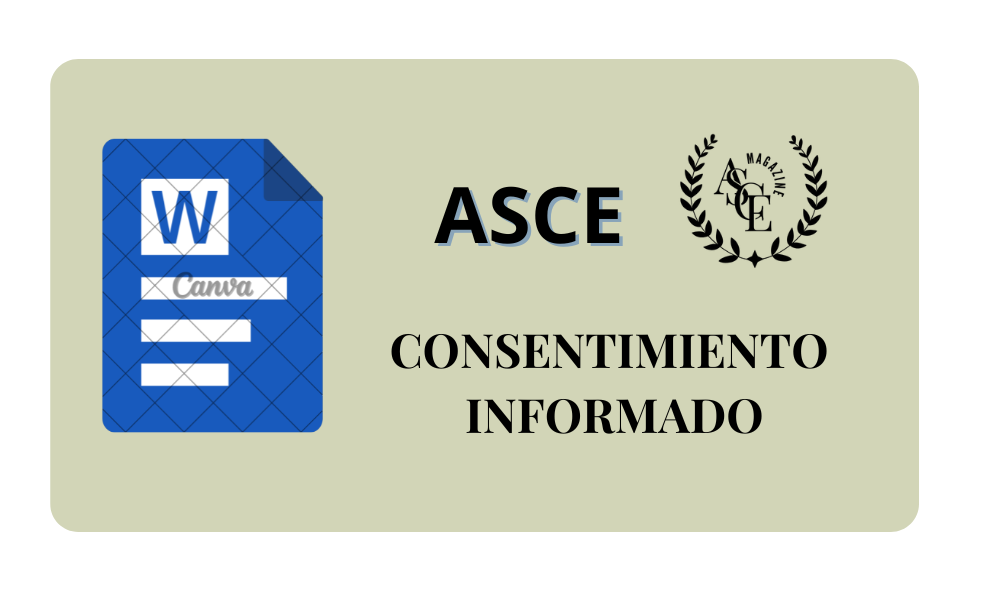Emotional Control in Elementary School Teachers and Its Influence on Learning
DOI:
https://doi.org/10.70577/ASCE/15.35/2025Keywords:
Emotional Intelligence, Basic Education, Emotional Control, Teacher-Student RelationshipAbstract
Emotional control in teachers is a key factor in the quality of the teaching-learning process, as it directly influences classroom management, teacher well-being, and student performance. This research analyzes the relationship between teachers' emotional intelligence and its impact on the educational environment, comparing the obtained results with the existing theoretical framework. Using a mixed-methods approach, data were collected through surveys and interviews with teachers from different educational levels to assess their emotional regulation strategies and their influence on student interactions.The findings reveal that teachers with higher emotional intelligence demonstrate more effective classroom management, fostering a positive learning environment and reducing stress levels. Additionally, emotional regulation was found to contribute to lowering the risk of teacher burnout while enhancing motivation for both educators and students. Furthermore, a correlation was identified between teachers' emotional control and their willingness to embrace inclusive education, highlighting the need to strengthen these competencies in teacher training programs.In conclusion, the study reaffirms the importance of emotional intelligence in teaching and underscores the necessity of implementing training programs in emotional regulation for educators. These initiatives would not only contribute to teachers' well-being but also enhance educational quality, promoting a more harmonious and effective learning environment.
Downloads
References
Baño Baño, M. A., & Carrasco Monar, M. A. (2024). Impacto de la formación docente en la enseñanza aprendizaje de los estudiantes de básica elemental y básica media de la unidad educativa particular marista del cantón Quito, periodo lectivo 2023-2024.
Brackett, M. A., Rivers, S. E., & Salovey, P. (2023). The role of emotional intelligence in effective teaching and classroom management. ResearchGate.
Bradshaw, C. P. (2013). The Role of Social and Emotional Learning in Preventing Youth Violence. American Journal of Public Health, 103(6), 975-978. https://doi.org/10.2105/AJPH.2013.301457 DOI: https://doi.org/10.2105/AJPH.2013.301457
Corcoran, R. P., & Tormey, R. (2023). The role of emotional intelligence in teacher effectiveness and classroom climate. ResearchGate.
Cortese, A. (2023). Programa integral de regulación emocional en docentes: Estrategias y resultados. Revista Latinoamericana de Educación.
Escudero Moyano, G. E. (2021). Estrategias lúdicas para mejorar el rendimiento académico en niños con TDAH del nivel básica, elemental y media. Ambato: Universidad Tecnológica Indoamérica.
Fernández-Berrocal, P. (2018). Emotional intelligence and education: Advances and applications. Cambridge University Press.
Fueres Anrango, S. T. (2022). Arteterapia como herramienta pedagógica para el desarrollo de la educación emocional en niños de Básica Elemental de la Unidad Educativa “República del Ecuador”.
Goleman, D. (2021). Inteligencia emocional en la educación. Harvard University Press.
Goleman, D. (1995). Emotional Intelligence: Why It Can Matter More Than IQ. Bantam Books.
Hagenauer, G., Hascher, T., & Volet, S. (2023). Teachers' emotional regulation and its impact on teaching effectiveness. Taylor & Francis.
Jennings, P. A., & Greenberg, M. T. (2022). The prosocial classroom: Teacher social and emotional competence in relation to student and classroom outcomes. American Educational Research Journal.
Mayer, J. D., Salovey, P., & Caruso, D. R. (2023). The intelligence of emotions: A guide for teachers and parents. Oxford University Press.
Perera, H. N., & DiGiacomo, M. (2023). Emotional intelligence and teachers' attitudes toward inclusive education. Wiley Online Library.
Pérez-Olmos, C., Ramírez, J., & Torres, L. (2023). Neuroscience and emotional intelligence training for educators. Universidad del Rosario, Bogotá.
Strauss, A., & Corbin, J. (2015). Basics of qualitative research: Techniques and procedures for developing grounded theory. SAGE Publications.
Taxer, J. L., & Frenzel, A. C. (2023). Teachers' emotional regulation strategies and classroom environment. Springer.
Wells, D. L. (2010). Emotional Intelligence: A Key to Success in the Classroom. Education Journal, 20(1), 25-28.
Yin, H., Huang, S., & Lee, J. C. (2023). Emotional labor in teaching: Implications for classroom climate and teacher burnout. Frontiers in Psychology.
Downloads
Published
How to Cite
Issue
Section
License
Copyright (c) 2025 Gloria de Lourdes Solís Beltrán, Mario Alfredo Fernández Ronquillo, Mario Alfredo Fernández Solís, Carla Lorena Fernández Solís

This work is licensed under a Creative Commons Attribution-NonCommercial-NoDerivatives 4.0 International License.
Eres libre de:
- Compartir : copiar y redistribuir el material en cualquier medio o formato
- Adaptar : remezclar, transformar y desarrollar el material
- El licenciante no puede revocar estas libertades siempre y cuando usted cumpla con los términos de la licencia.
En los siguientes términos:
- Atribución : Debe otorgar el crédito correspondiente , proporcionar un enlace a la licencia e indicar si se realizaron cambios . Puede hacerlo de cualquier manera razonable, pero no de ninguna manera que sugiera que el licenciante lo respalda a usted o a su uso.
- No comercial : no puede utilizar el material con fines comerciales .
- CompartirIgual — Si remezcla, transforma o construye sobre el material, debe distribuir sus contribuciones bajo la misma licencia que el original.
- Sin restricciones adicionales : no puede aplicar términos legales ni medidas tecnológicas que restrinjan legalmente a otros hacer algo que la licencia permite.





































